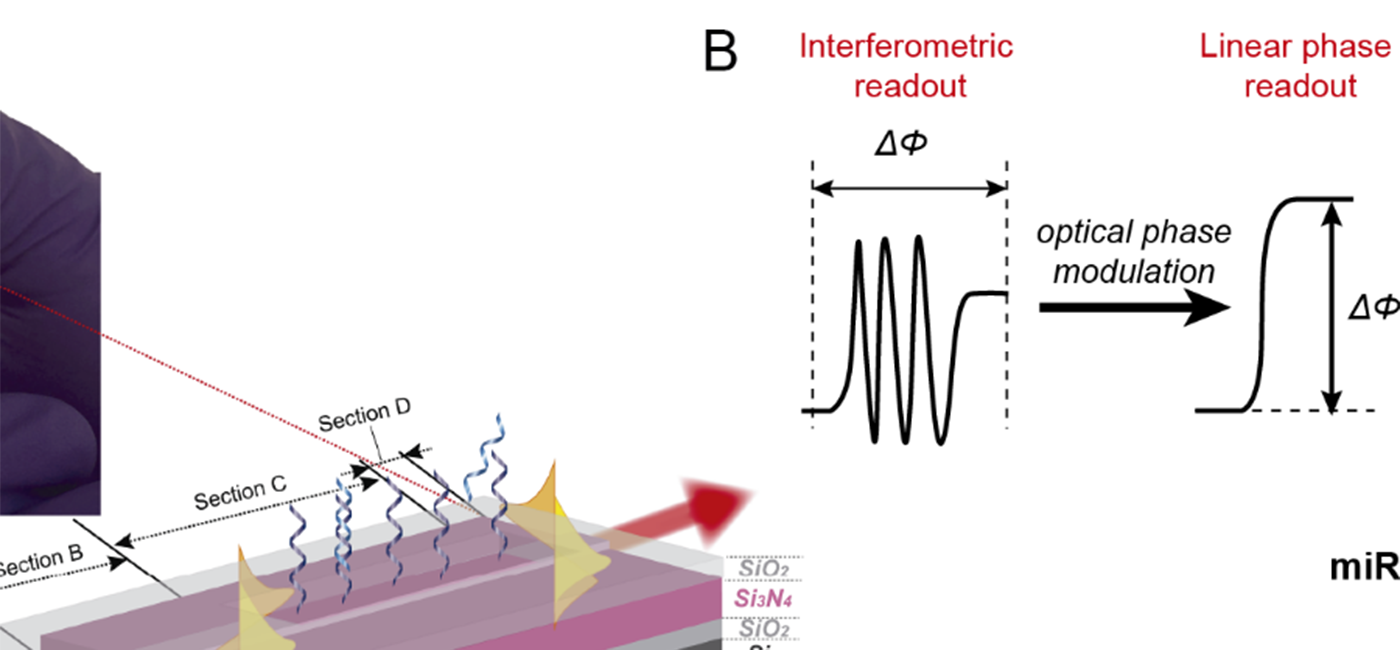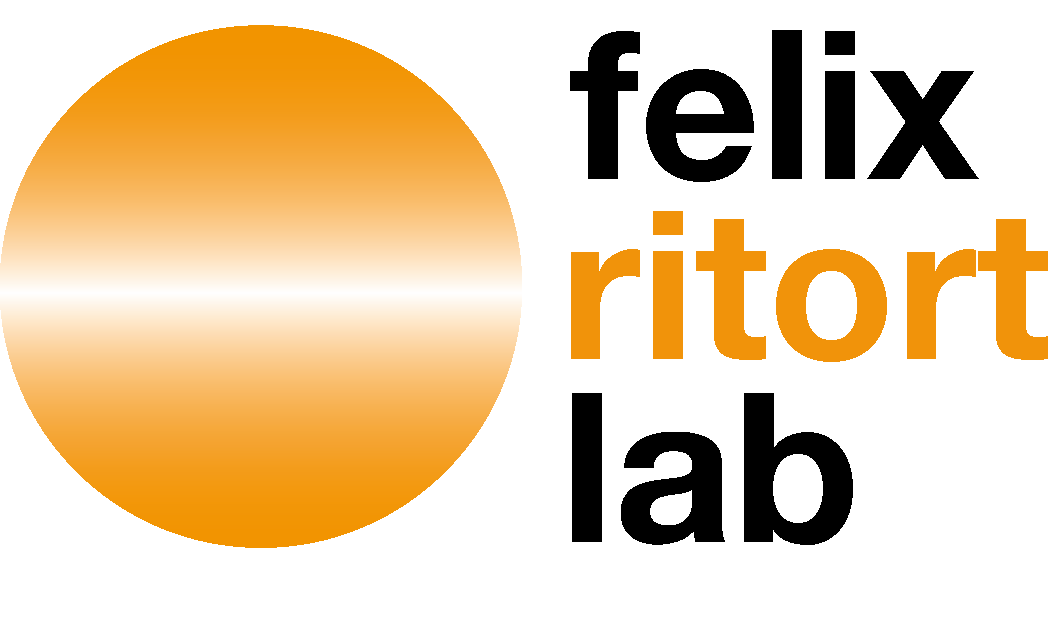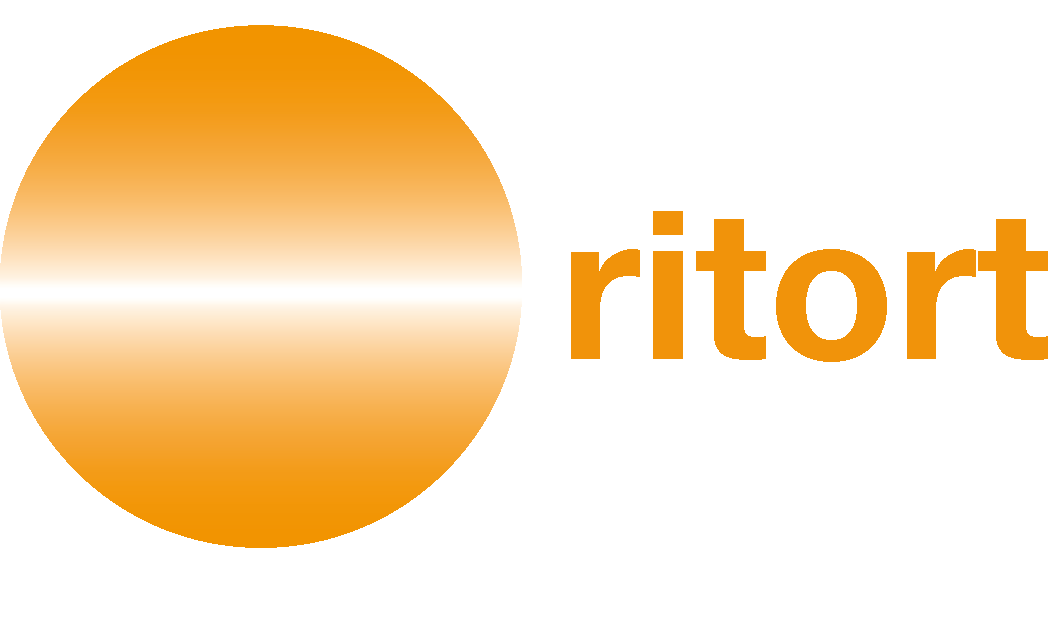
Seminar “Nanophotonics Point-of-Care Biosensors for ultrasensitive diagnosis”
Date
Tuesday, 31 January 2017
Time
12:00 am
Place
University of Barcelona
Faculty of Physics Building
Room 3.20, 3rd floor
Speaker
Dr Laura M. Lechuga, Catalan Institute of Nanoscience and Nanotechnology (ICN2)
Abstract
The need to monitor and detect biological elements, related to human health and environment pollution in a fast and reliable way, is one of the challenges faced by humanity at the dawn of the 21st century. Modern diagnostics is demanding novel analytical tools that could enable quick, accurate, sensitive, reliable and cost-effective results at the point-of-care in such a way that appropriate treatments can be implemented in time, leading to improved outcomes.
The driving force of our research is to achieve such ultrasensitive platforms for POC label-free analysis using proper nanophotonic technologies and custom-designed biofunctionalization protocols, accomplishing the requirements of disposability and portability. We are using innovative designs of nanophotonic sensors based on plasmonic nanostructures (as nanodisks or nanogratings) and silicon photonics technology (using bimodal waveguide nanointerferometers).
Our work extend from the fundamental physics design of the nanophotonic circuits to improve sensitivity, miniaturization and multiplexing capabilities of the sensors, to the complete integration in point-of-care analytical platforms, including micro/nanofluidics, optical subsystems and read-out interfaces, biocompatible encapsulation, hardware, and software. We employ dedicated biofunctionalization routes of the biological receptors (as proteins or genomic strands) ensuring selectivity, life-cycle, non-fouling properties and reusability.
Moreover, we have demonstrated the applicability of our biosensor technology for real life requests, mainly for clinical diagnostics (i.e early cancer diagnostics, infectious diseases diagnosis in resource-limited settings), and for environmental control (i.e. microbiological infections and rapid detection of toxins).


